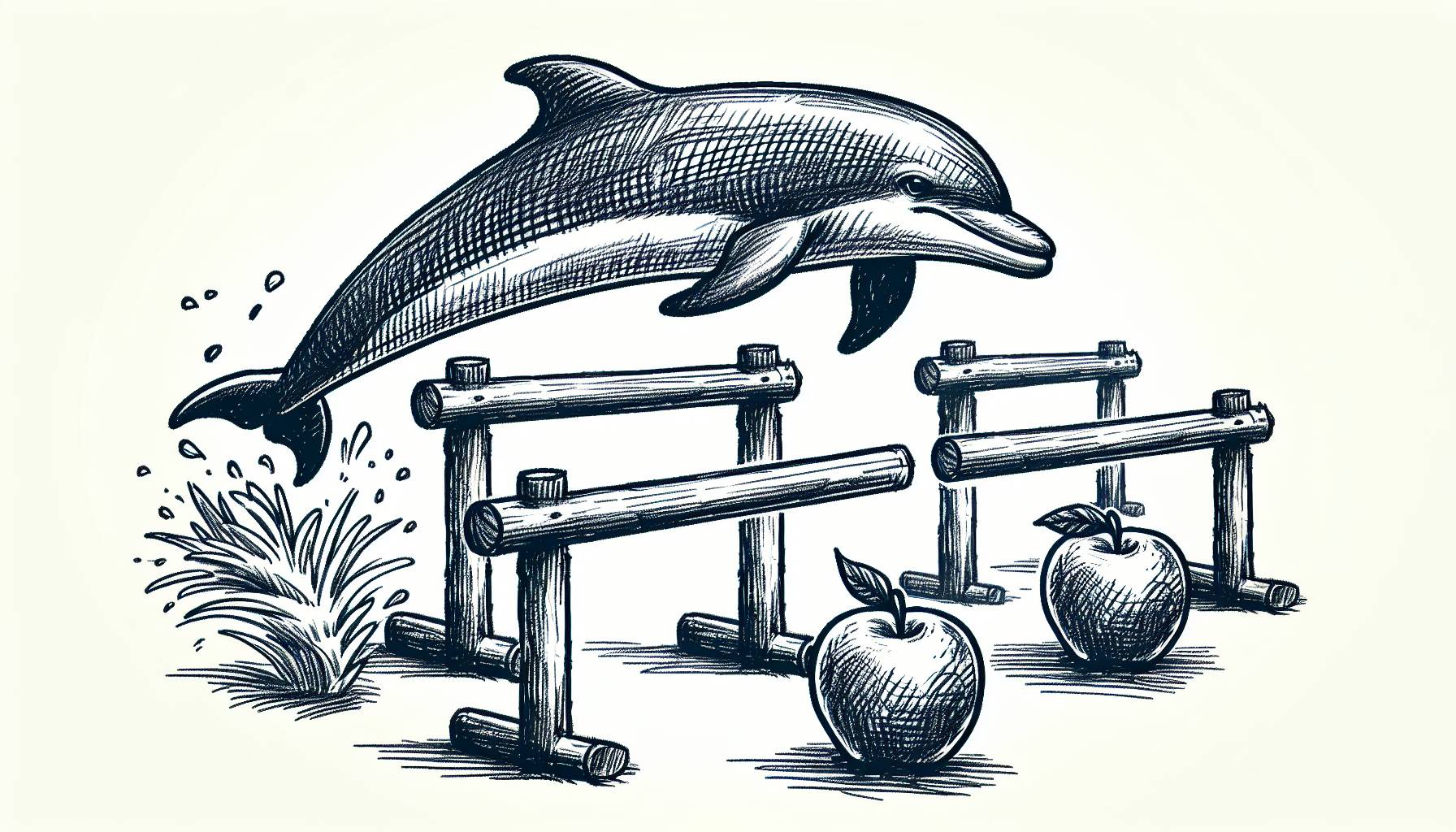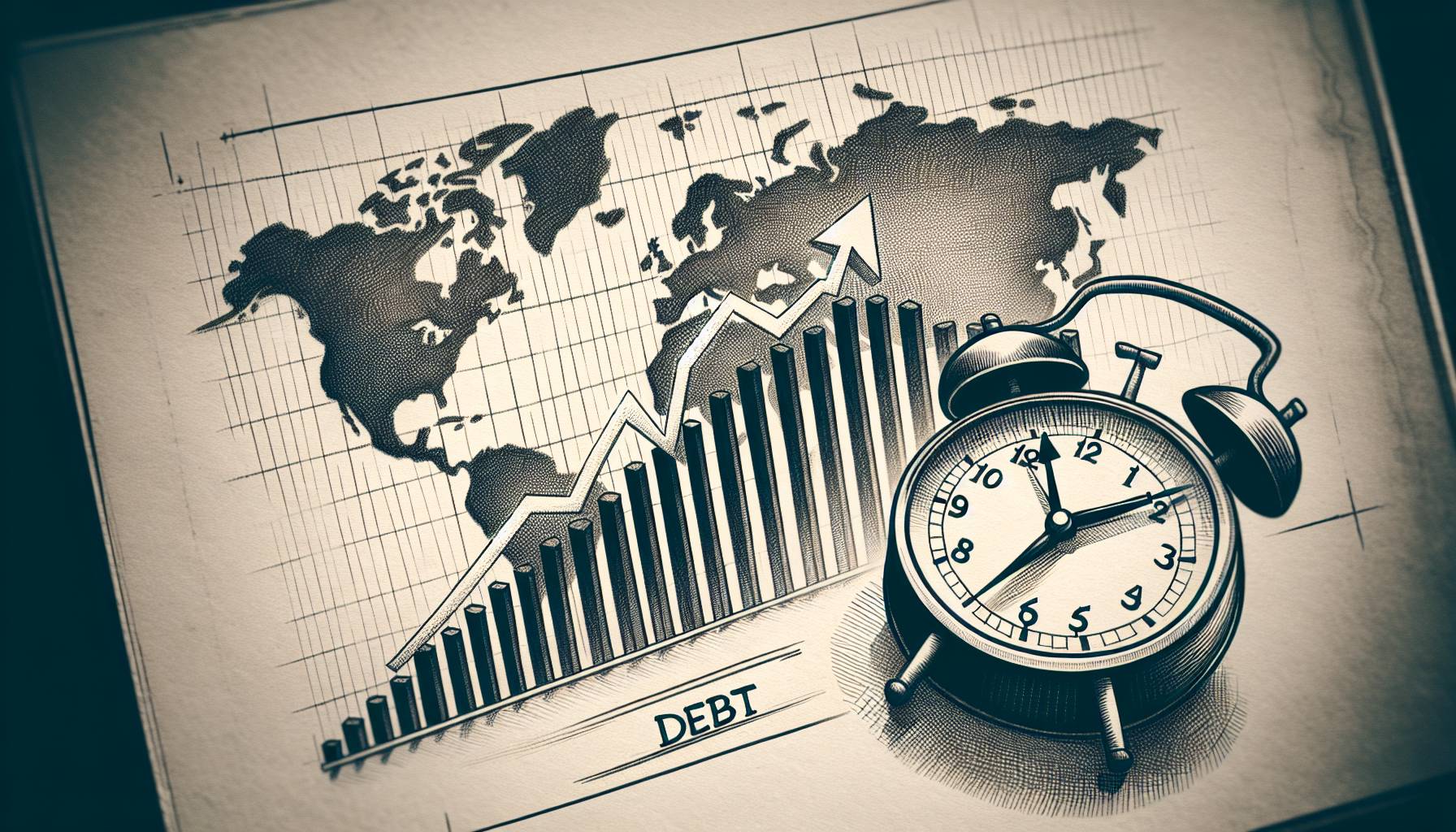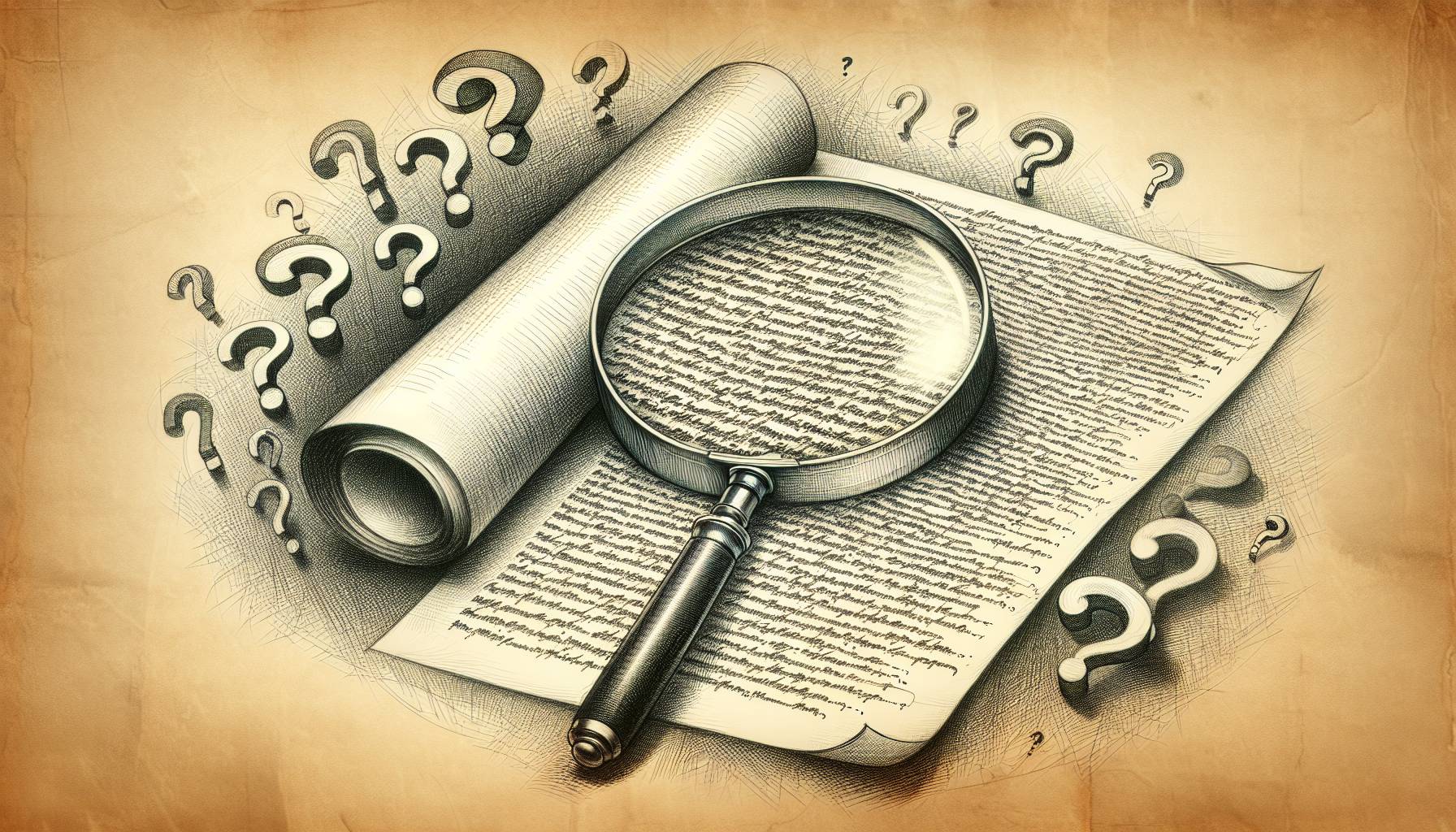Do you have a financial strategy in place for the New Year? These basic suggestions might be able to assist you in achieving your objectives.
Determine your financial objectives.
What are your financial objectives for the year? Money is a cause of stress for many people. However, having some short and long-term goals helps you remove stress about money.
Maybe your goal is to save money on takeout. Perhaps you see yourself switching to a more affordable electrical supplier. Every penny matters. Therefore, whatever your objective, be clear about it.
Increase the size of your emergency fund.
In a crisis, being short on cash adds to the stress. Therefore having a buffer or emergency account is really beneficial.
It’s not a question of whether, but when a financial emergency will occur. Having additional cash on hand is essential in the event of vehicle breakdowns. It also helps in the even of vet costs, appliance breakdowns, or emergency trips. Begin with $100 and work your way up to a few months worth of expense money saved. This buffer lets you rest easy when things go awry.
Spend with caution.
Do you ever wonder where your money goes at the end of the month? You’re not the only one who feels this way. Christmas and summer spending add up and put a dent in your budget! It’s a terrific opportunity to refocus once autumn arrives.
In addition, a spending journal, internet tools, or spreadsheets all help. They let you keep track of your spending and help you make any necessary changes.
Discover your financial personality.
Become financially smart! Are you a spender or a saver? Or is it something else entirely? Look up online financial personality tests. Find out which one you are.
Learn to work with yourself on your weaknesses and magnify your strengths. When you uncover your money personality you are enabled to achieve your objectives faster.
Think about your mortgage.
If you have a mortgage, be aware that interest rates are rising. Many people have benefited from low-interest rates for several years.
Now is a good time to review your mortgage seeing that rates are on the rise. Are you on the hook for more rate hikes? Additionally, do you need to restructure your loan? Hire a professional to assist you. Of course, paying extra on a regular basis makes a significant difference.
Put aside money to invest.
Asking for a raise at work is a natural method to better your financial status. However, saving money also helps you avoid financial difficulties.
It makes no difference whether you intend to save your savings for an emergency or utilize them to buy a significant purchase. The key thing is that you’re establishing a debt-free habit.
At the same time, having some financial cushioning allows you to take advantage of investing possibilities. In addition, it lets you give back to the community through charity donations. Furthermore, the peace of mind that comes with having money in the bank helps alleviate stress. Stress has been linked to impulse buying, a major contributor to budget concerns.
Pay off debt.
Pay more toward credit card debt. In addition, shift credit card debt to a no-interest account.
There are some other options that allow you to take control of your budget. If you have unpaid debts, such as medical bills, the account holder typically tries to reach an agreement to have the payment paid.
Another way to save money is to do some research. Carefully look into your insurance accounts to ensure you’re obtaining the best auto and home insurance prices.
Set money spending priorities.
Dining out and traveling are important activities. However, purchasing that new set of tires may be a higher priority.
Prioritize your spending by prioritizing the most important items. Therefore, paying bills, going to the doctor, and keeping your car and home in good working order comes first.
Make some necessary purchases ahead of time. This makes keeping track of expenditures a bit easier. Unfortunately, when you have to make an emergency buy, you rarely have time to look around for the best offer. Therefore, you sometimes end up paying more for the item or service.
Be wise with money and with the environment.
Another strategy for obtaining financial independence is to cut back on waste. You save money in the long term by purchasing reusable things rather than throwaway items.
Consider replacing those bottled water cases with a filtered water pitcher. When you have towels and washcloths on hand, even goods like paper towels and wet wipes aren’t necessary.
Shopping for apparel and furniture at consignment stores also saves you money. In addition, environmentally friendly practices are bringing financial benefits to manufacturers.
Putting in place a few easy principles sets you on the road to financial success. In addition, with a little planning and a firm commitment, there is no limit to what you can achieve.













